The two concepts are nearly identical in contemporary thought, but in reality they are complete opposites. Society isn’t the state, and the state isn’t society. When analyzed one can observe their true natures and purposes, and why one must ultimately give way to the other.
The tradition of separating society from the state is a libertarian heirloom and this conflict has been demonstrated in the works of many scholars. But perhaps the best and most accessible explanation is Our Enemy, the State, by Albert Jay Nock. This work establishes some crucial definitions for the complicated abstractions that we are working with.
Let’s start by defining society. Society is an incorporeality, a word that isn’t necessarily attached to a specific or tangible entity that exists in the world. It is for human beings, what a forest is for trees; there is no specific number of trees that can distinguish a forest from a mere grouping of trees. The same applies to humans, there is no exact number of individuals that can be said are requisite for a society to come into existence. But like a forest, the effects of the presence of social interaction is detectable.
How then does society come into being? It is clear that perhaps four trees wouldn’t be called a forest by most observers, but could four individuals acting in such a way as to mutually benefit each other’s lives be called a society? Society really has its beginnings in the form of any peaceful interaction between two human beings. But as more and more humans begin to interact and develop specific methodologies to fulfill certain beneficial functions, (i.e., the social division of labor) more complex ways of cooperating are created. Nock calls this, “social power.”
The key word for describing this phenomenon is voluntary.
Human beings are individually volitional, as such, they can only truly thrive in an environment where individual autonomy is mutually respected. All voluntary interaction is designed to accommodate individuals, and their ability to preserve the well being of others that they value. For example, monogamous relationships accommodate the emotional and physical needs of the individuals who enter into them, as well as the future development of the offspring likely to result from the partnership, and the capitalist social division of labor exists to accommodate differing levels of ability and intelligence where the value of economic output of a creator is rewarded with an equal value from a consumer.
If society is a concept attributed to voluntary interaction, what then is the state? The state is an association of humans who have a legal monopoly to use force within a specific geographic area. The key word for describing the state is compulsion. Another important distinction to understand is that society is the result of spontaneous interaction between humans beings acting in such a way as to benefit their own lives and keeping peace with their neighbors, while the state is achieved through predetermined goals that are imposed on others in order to sustain those who voluntarily set up the state’s policy.
Humans create wealth by transforming raw materials into objects that better their lives, and creating networks of trade in order to secure items that they can’t make themselves. A social institution, a restaurant for example, gains wealth by providing a value to the people who might choose to eat at it, as such it must please the consumers or perish. The state doesn’t generate wealth at all, but must rely upon social power so that it may loot it in the form of taxation (modern states are also able to counterfeit wealth via currency monopolies and legal tender laws), as such, the actors who control the state aren’t obligated to please anyone but themselves.
The state violates and rejects the volitional aspects of human beings, and thus will result in the breakdown of social organization. The state presents a method by which people may legally plunder each other, resulting in a situation of perpetual civil war (particularly in democratic societies) between those who currently control the state and those who pay taxes. The conflict only ends with absolute despotism, or massive revolution. The goal of libertarians is essentially to permanently end the conflict by working towards a free society by peaceful means.
Over the centuries many variants of the statist system have been tried. But this fundamental identity of how the state operates is always the same, regardless if the state system in any time or place happens to be Fascist, Constitutional Monarchical, Marxist, Republican, Oligarchical, etc. The only fundamental difference between state systems is the degree of damage they deal to humanity; in this respect, confederal republicanism as practiced by the early United States can be considered to be the safest state system ever attempted by human beings, but even that system corroded overtime to be one of the most powerful states the world has ever known.
The modern state currently propagates two myths about the nature of society. The first being that society is synonymous with the state, the second is that society exists as a kind of super organism whereby specific families and individual men and women are merely cells designed to maintain the health of this supposed greater animal. As has been shown, both notions can be considered to be false. If the Classical Liberal distinction of society and state can become widely accepted, it can open paths for finding and implementing rational solutions to the many problems facing civilization.

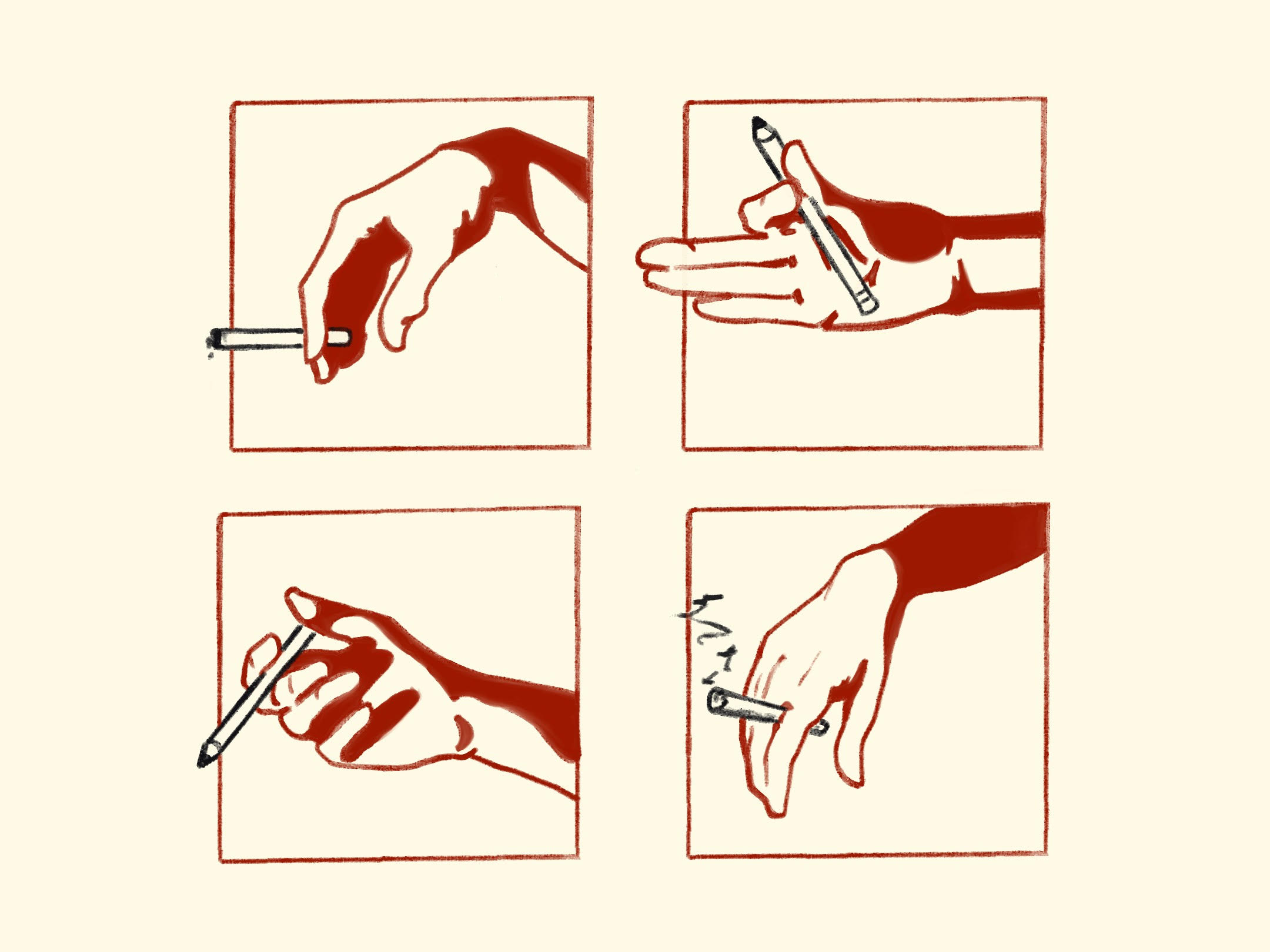


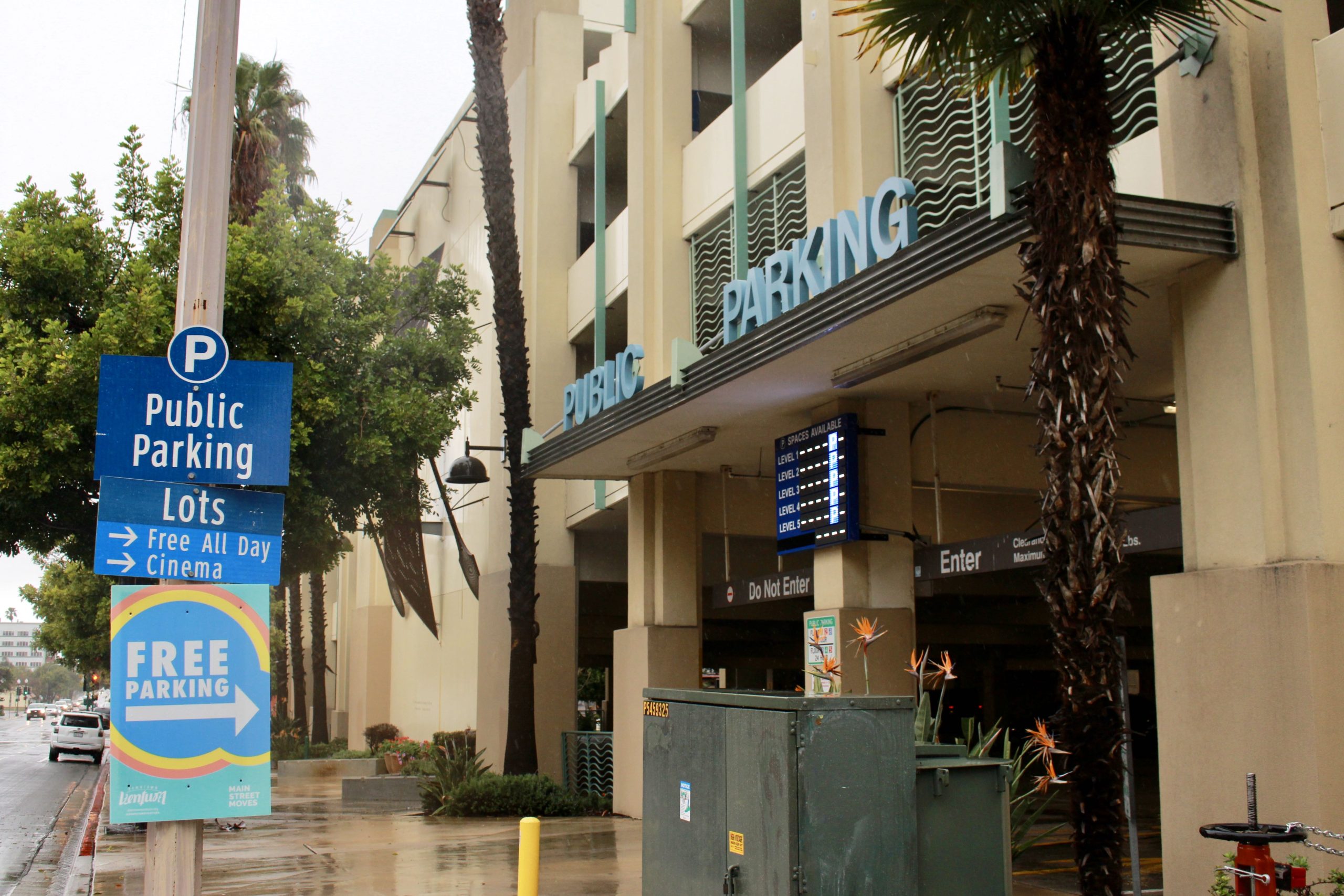
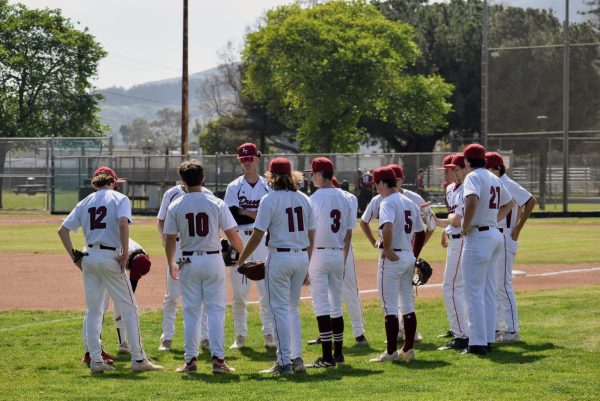


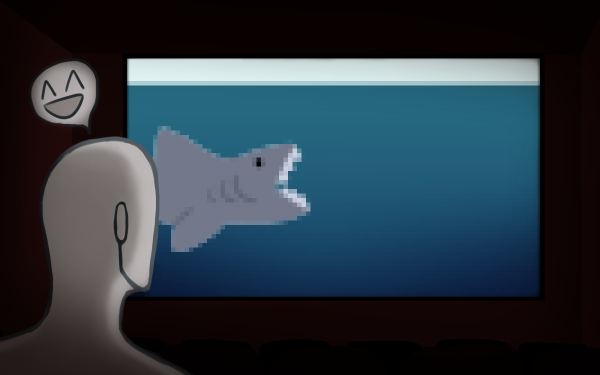


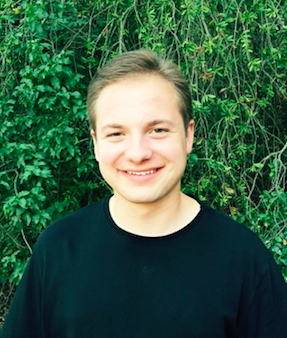
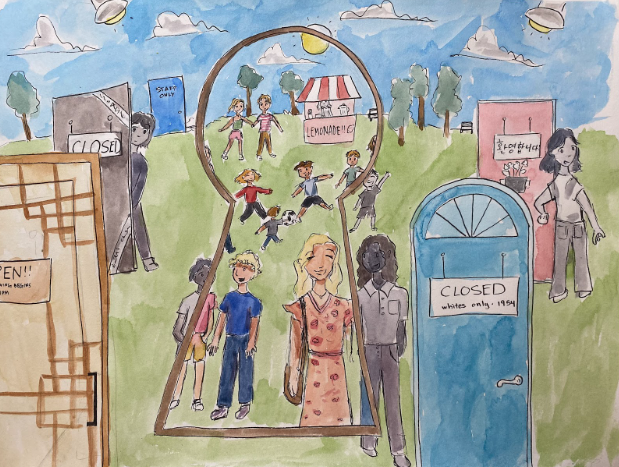
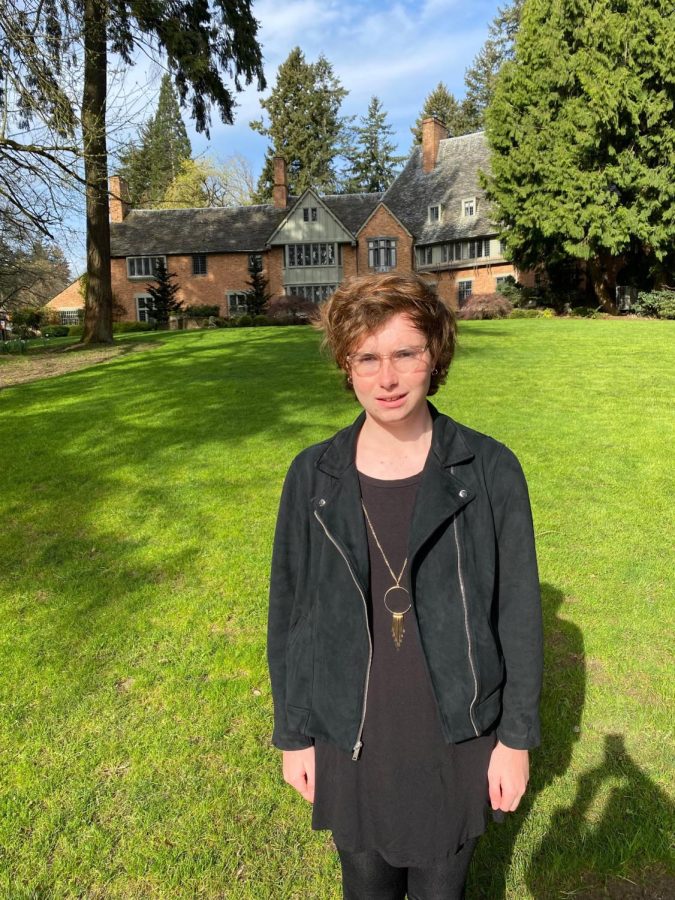
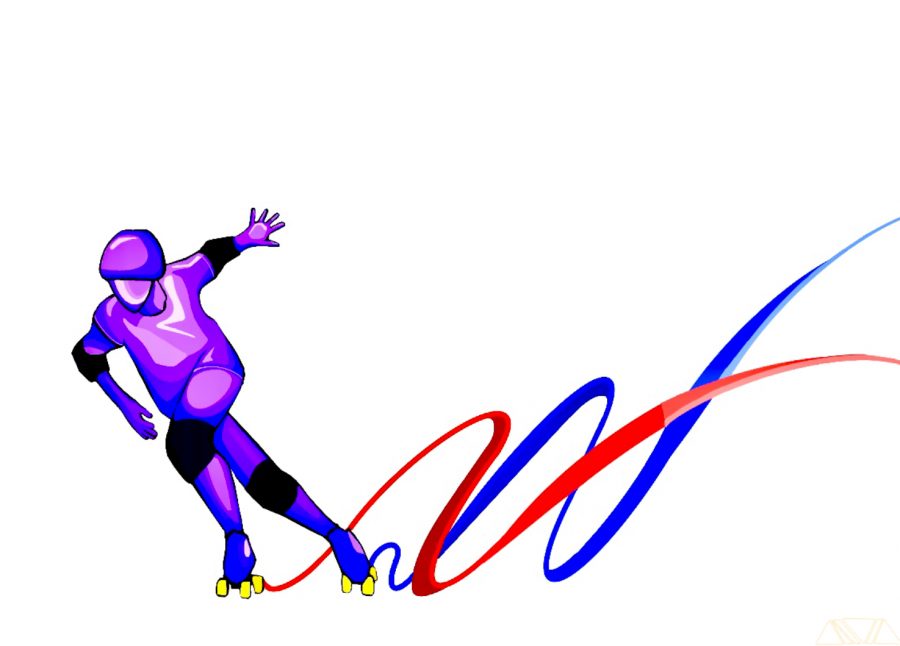

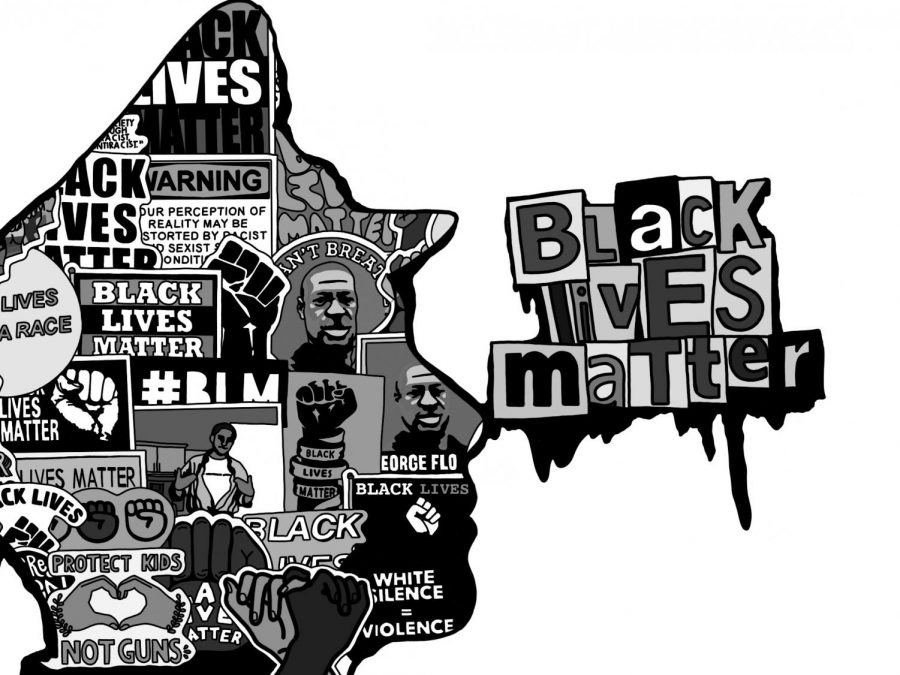


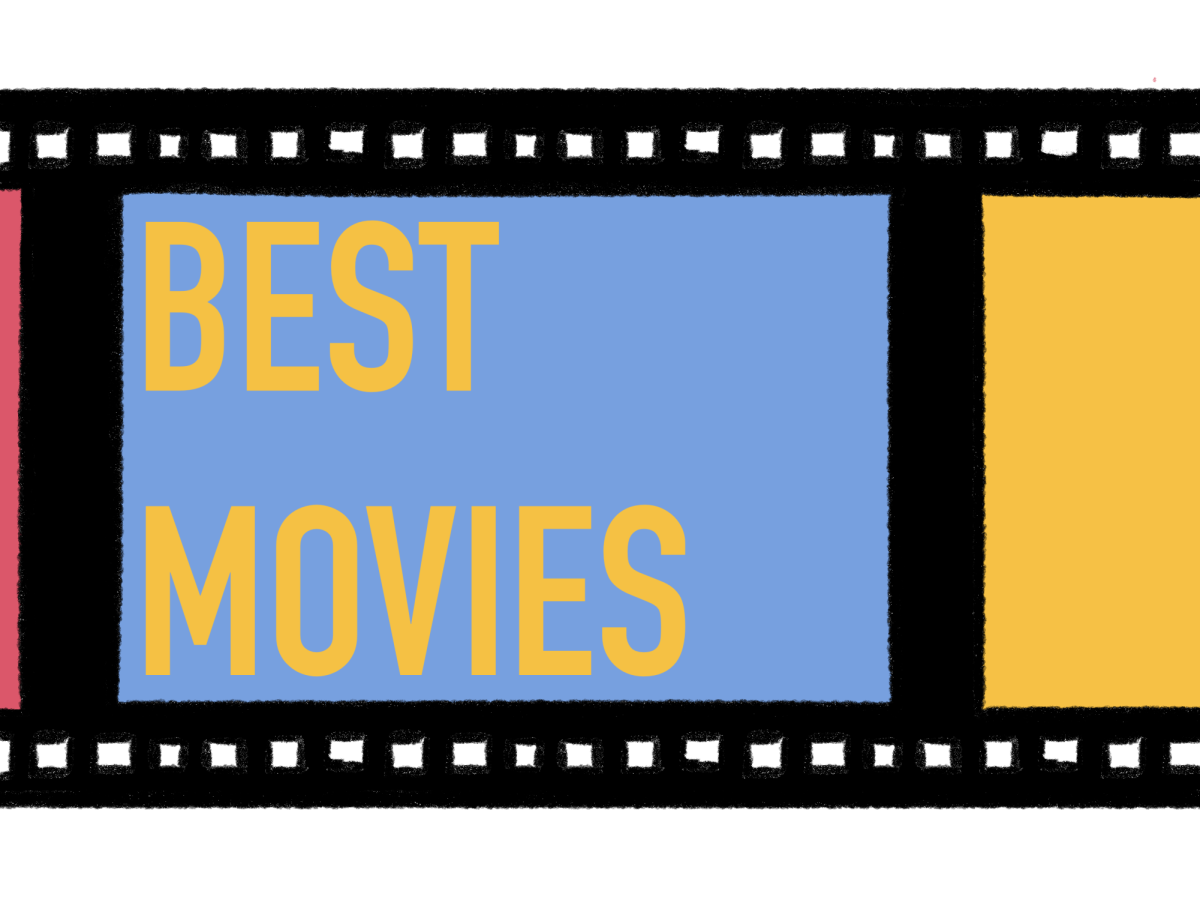
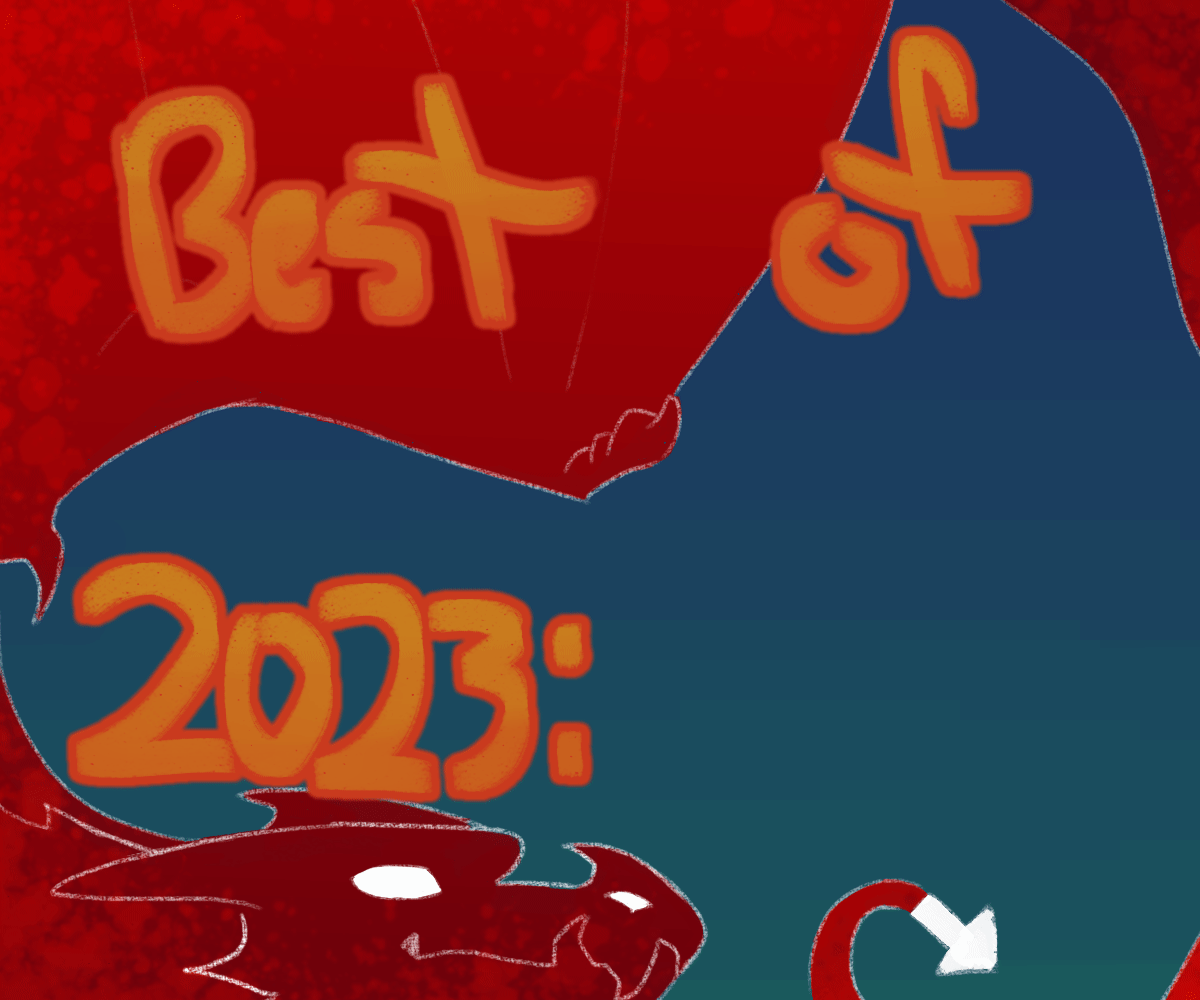
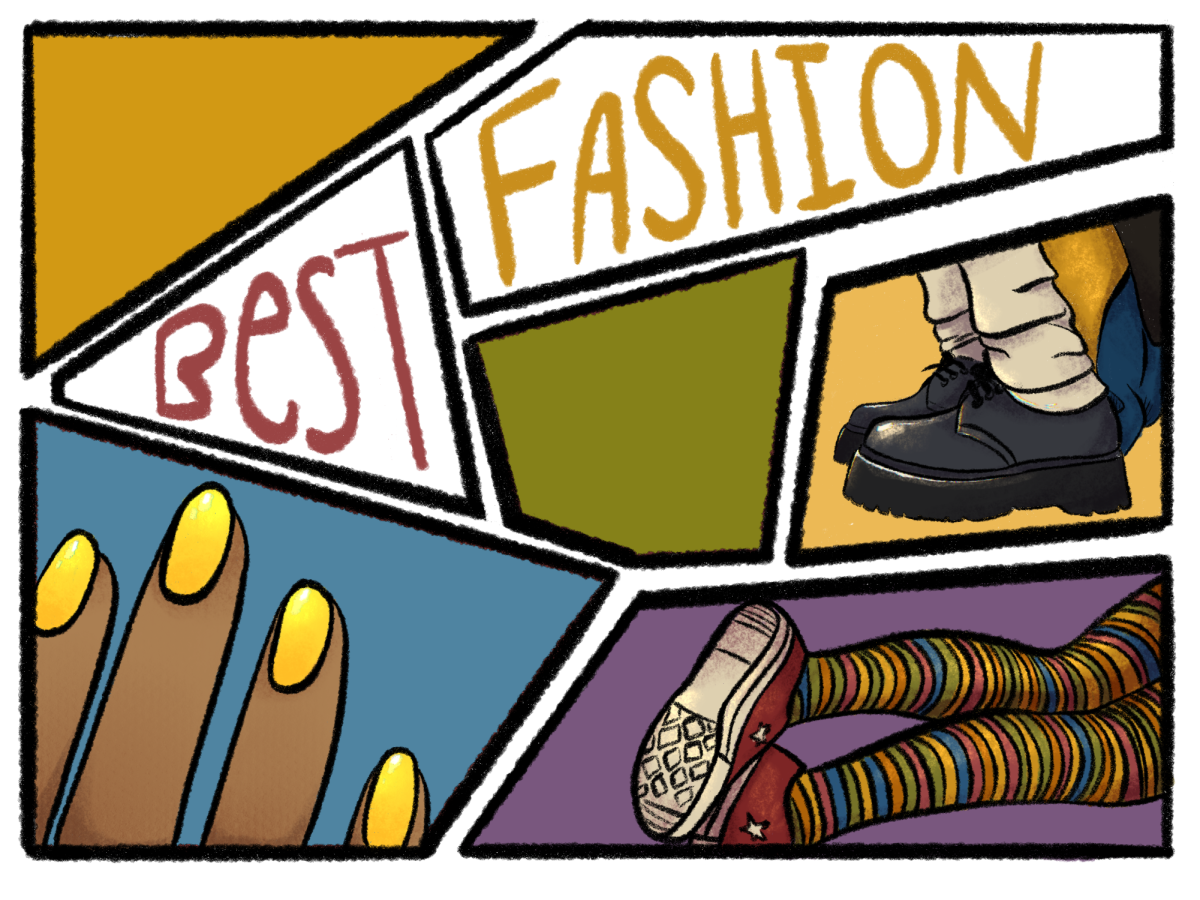

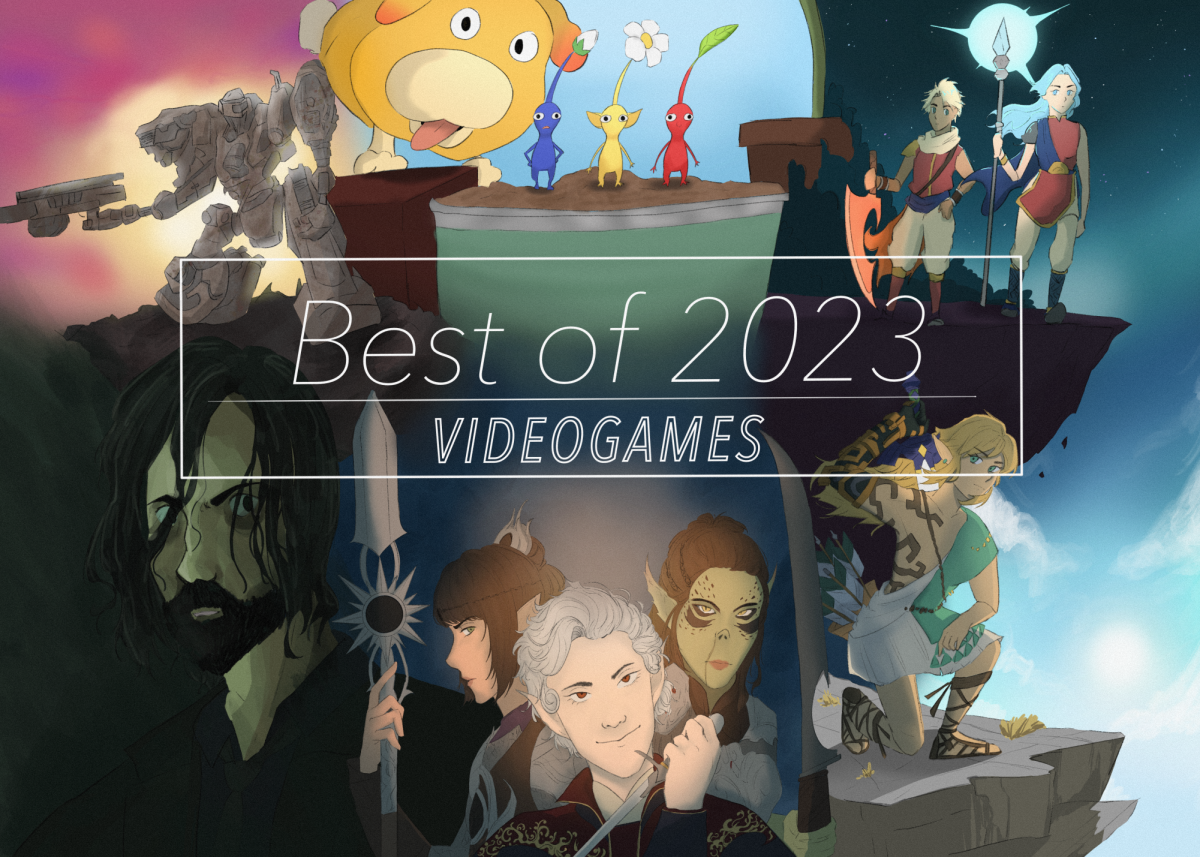

FTHS Alumni • Dec 18, 2015 at 9:12 am
Great article Matt.
I recommend looking into authors such as Murray Rothbard, Adam Smith, and Hayek if you haven’t already. An essay written by Rothbard entitled, ‘Anatomy of The State’ was one of the key pieces of literature that really altered my view of the contemporary governmental paradigm.